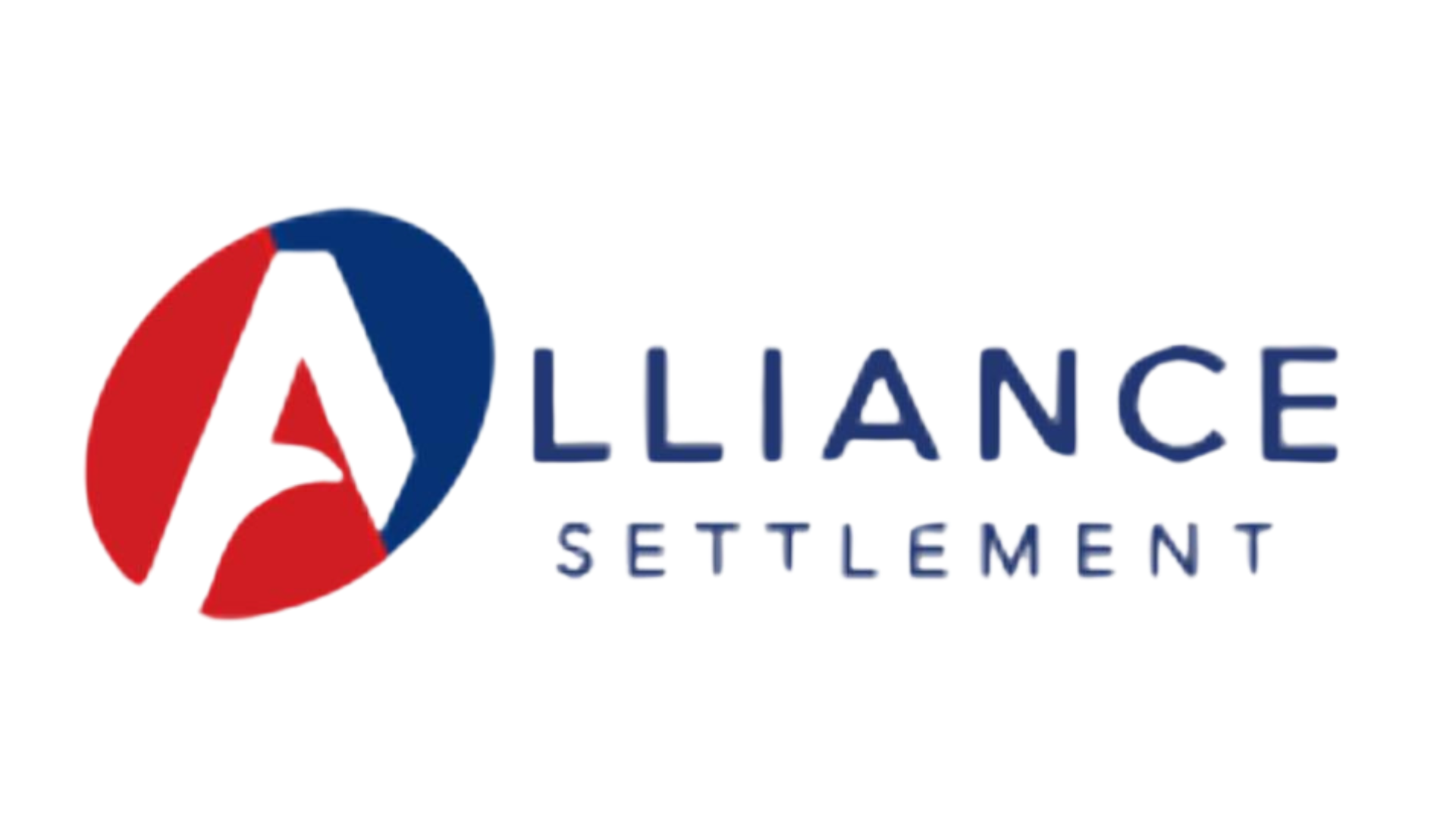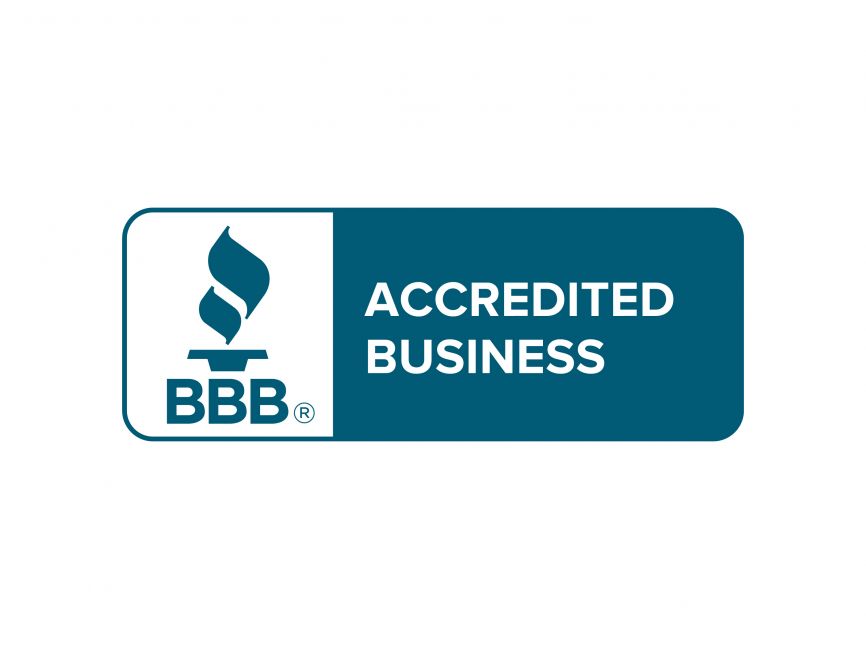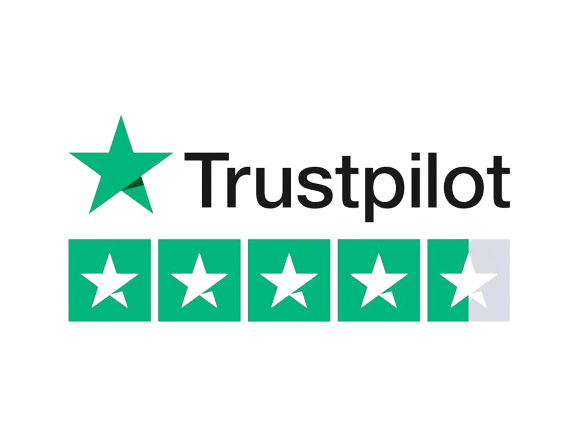Transforming Your Financial Future with Timeless Wisdom
Financial success isn’t just about how much you earn—it’s about how you think, plan, and act. Many of the world’s greatest leaders and financial experts have shared timeless advice that can help you navigate debt, build wealth, and achieve financial independence.
In this article, we explore powerful financial wisdom from renowned leaders and provide actionable strategies to improve your money management skills, reduce debt, and create a secure financial future.
1. “Do not save what is left after spending, but spend what is left after saving.” – Warren Buffett
The Principle: Smart financial planning starts with prioritizing savings. Too often, people spend first and save whatever remains—if anything. Buffett’s approach flips this habit to ensure long-term financial security.
How to Apply It:
- Automate savings by setting up a direct deposit into a high-yield savings account.
- Follow the 50/30/20 rule: 50% of your income for needs, 30% for wants, and 20% for savings and debt repayment.
- Avoid lifestyle inflation—when your income increases, increase your savings, not just your spending.
2. “An investment in knowledge pays the best interest.” – Benjamin Franklin
The Principle: Financial literacy is the foundation of wealth-building. Understanding budgeting, investing, and debt management empowers you to make smarter financial decisions.
How to Apply It:
- Take advantage of free financial education resources, such as books, podcasts, and online courses.
- Learn about compound interest and start investing early to grow your wealth.
- Stay informed about credit scores, interest rates, and debt reduction strategies to avoid financial pitfalls.
3. “It’s not whether you get knocked down, it’s whether you get up.” – Vince Lombardi
The Principle: Financial setbacks are inevitable, but resilience and a proactive approach can help you recover and thrive.
How to Apply It:
- If you’re facing financial hardship, create a recovery plan that includes debt consolidation or refinancing.
- Build an emergency fund with at least three to six months’ worth of expenses.
- Seek professional financial advice to navigate challenges effectively.
4. “Beware of little expenses; a small leak will sink a great ship.” – Benjamin Franklin
The Principle: Small, unnecessary expenses can accumulate over time, draining your financial resources.
How to Apply It:
- Track your spending to identify unnecessary expenses and cut back where possible.
- Use budgeting apps to monitor cash flow and stay within your financial goals.
- Implement a “30-day rule” for non-essential purchases—wait before buying to avoid impulse spending.
5. “Opportunities come infrequently. When it rains gold, put out the bucket, not the thimble.” – Warren Buffett
The Principle: Being financially prepared allows you to take advantage of opportunities when they arise.
How to Apply It:
- Set aside money for investments and financial growth opportunities.
- Diversify your income sources by exploring side businesses or passive income streams.
- Keep your credit score strong to access better financial opportunities when needed.
Practical Steps to Improve Your Financial Health
Incorporating these financial principles into your daily life can help you build a strong financial foundation. Here are some key takeaways:
✅ Create a Financial Plan: Set clear short- and long-term financial goals.
✅ Build a Budget: Track income and expenses to manage cash flow effectively.
✅ Eliminate High-Interest Debt: Focus on paying off credit cards and loans with the highest interest rates first.
✅ Start Investing Early: Leverage compound interest to grow wealth over time.
✅ Stay Educated: Continuously learn about personal finance to make informed decisions.
Your Financial Future Today
Success in personal finance isn’t about luck—it’s about strategy, discipline, and knowledge. By applying these timeless lessons from financial leaders, you can take charge of your financial well-being and build a future free from financial stress.
Are you ready to transform your financial journey? Start implementing these strategies today and take the first step toward financial freedom!
For expert financial guidance, explore our resources or speak with a financial professional today.










